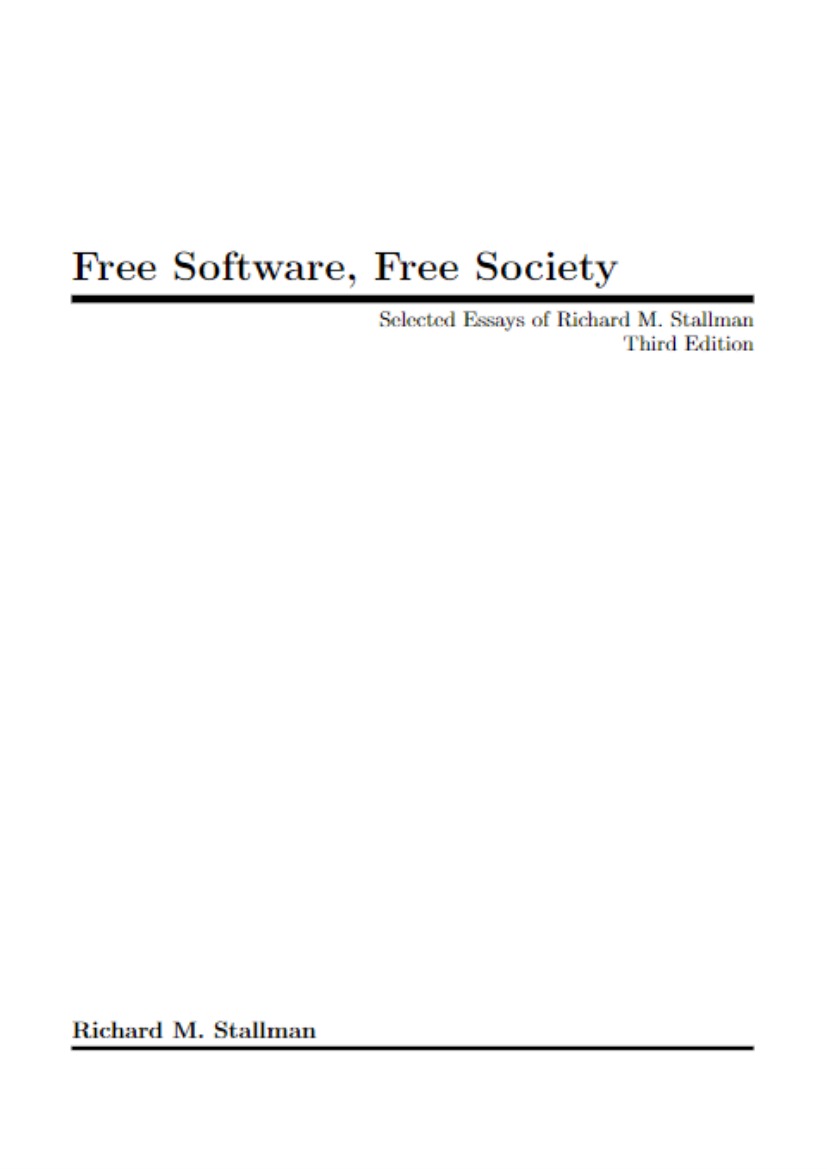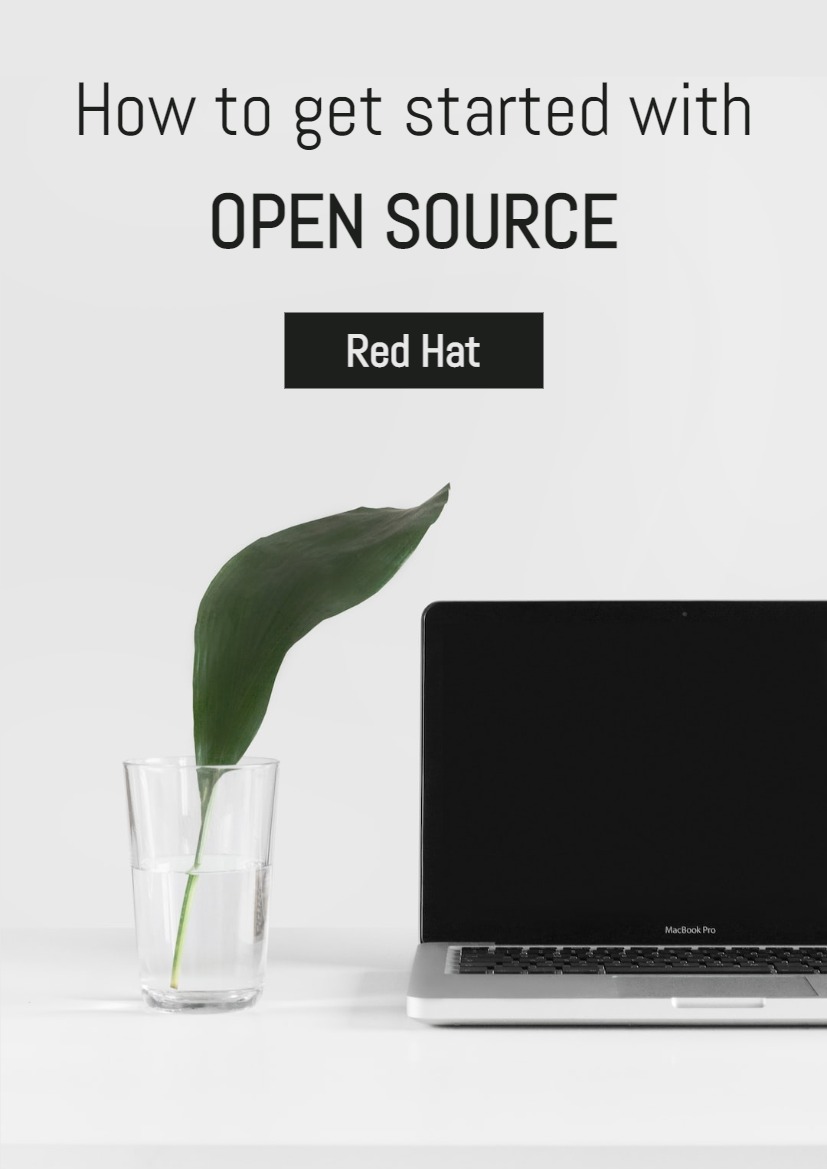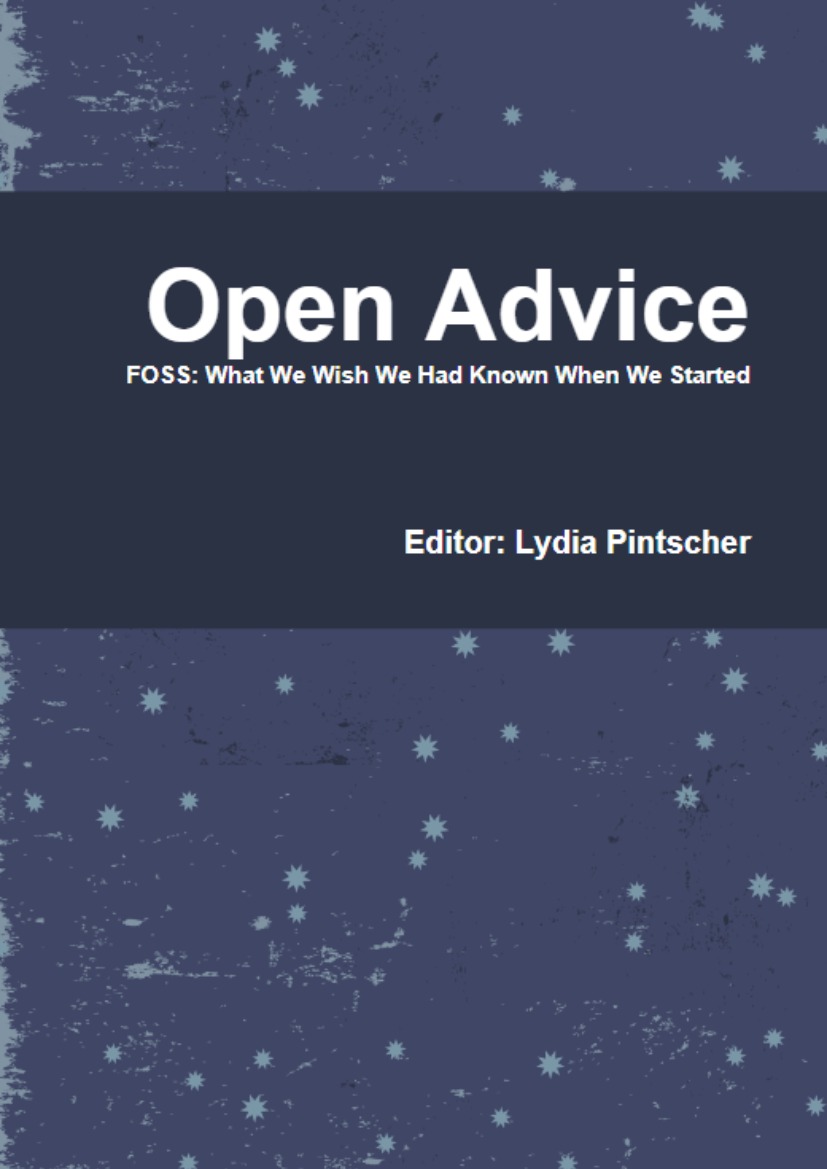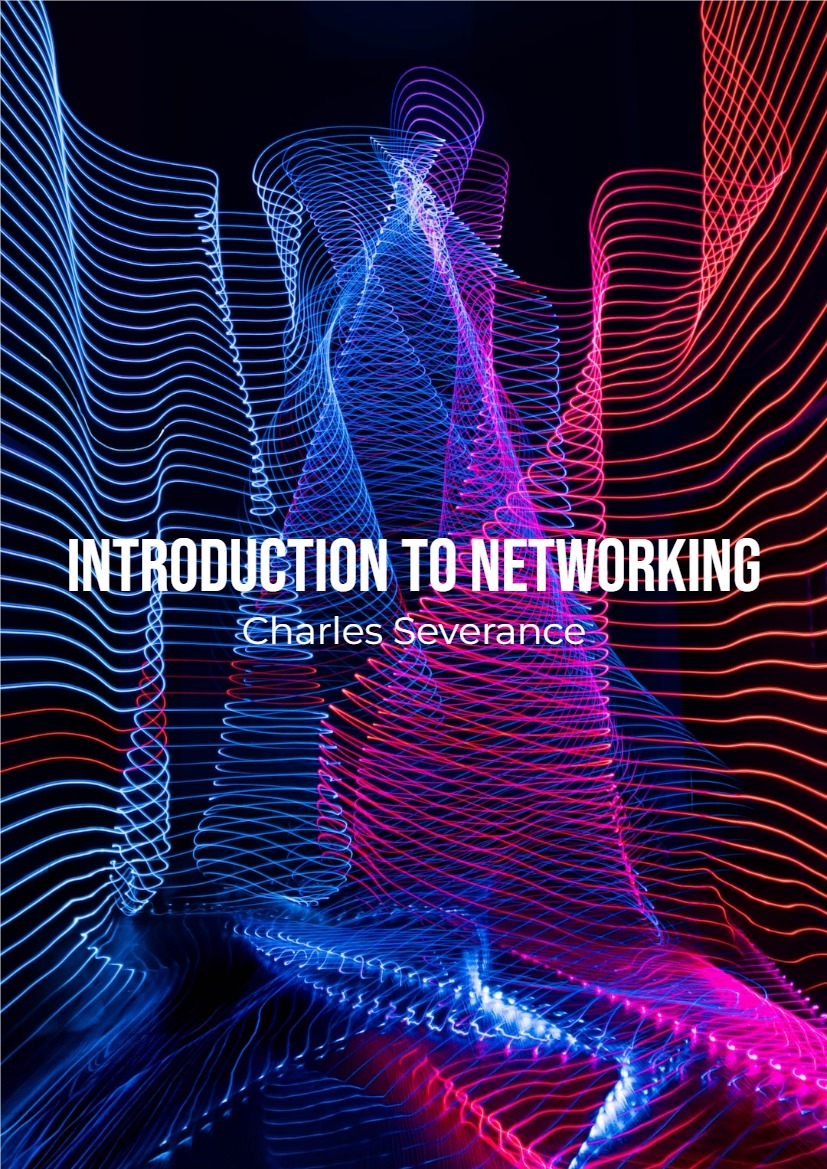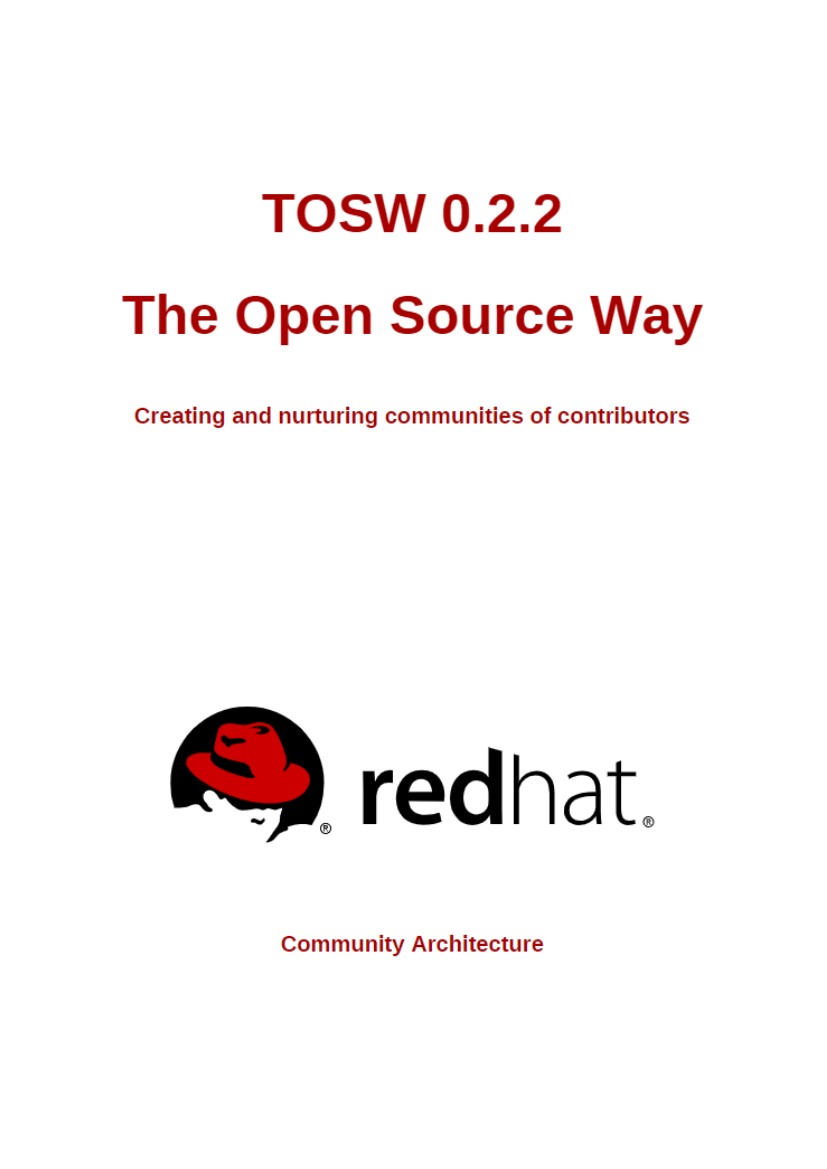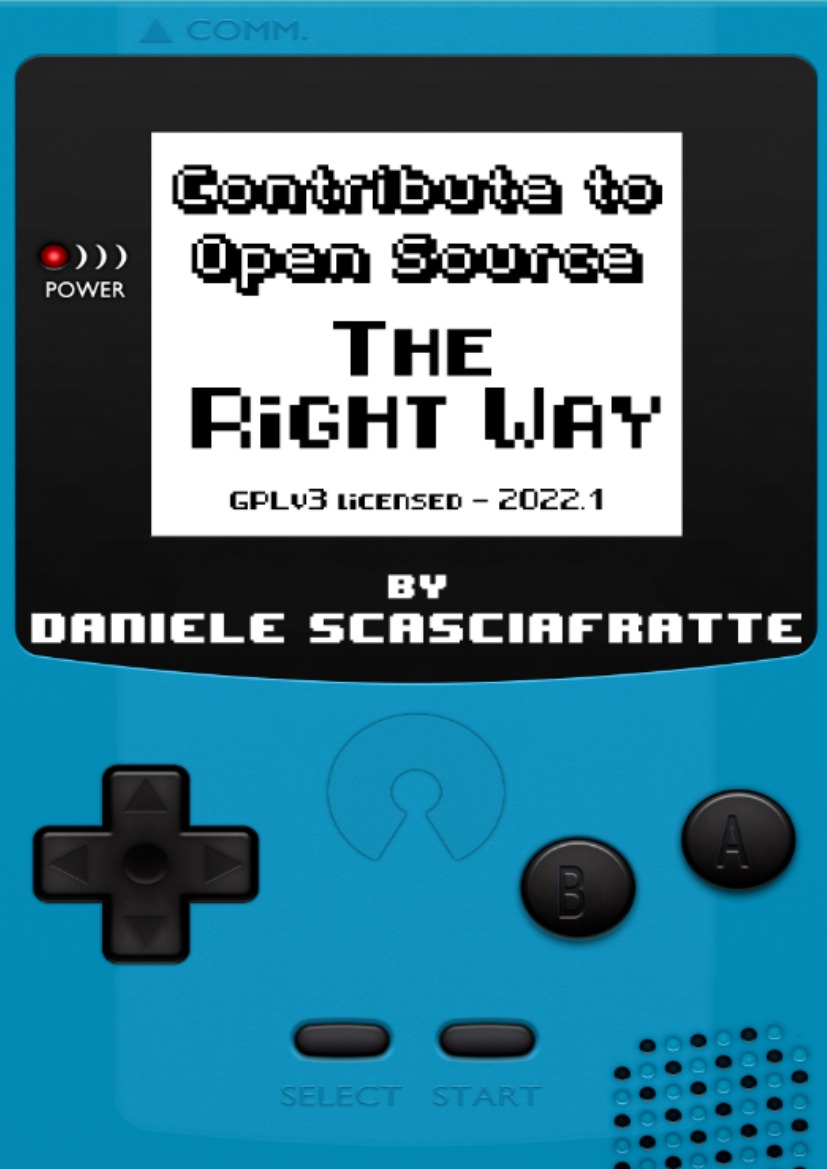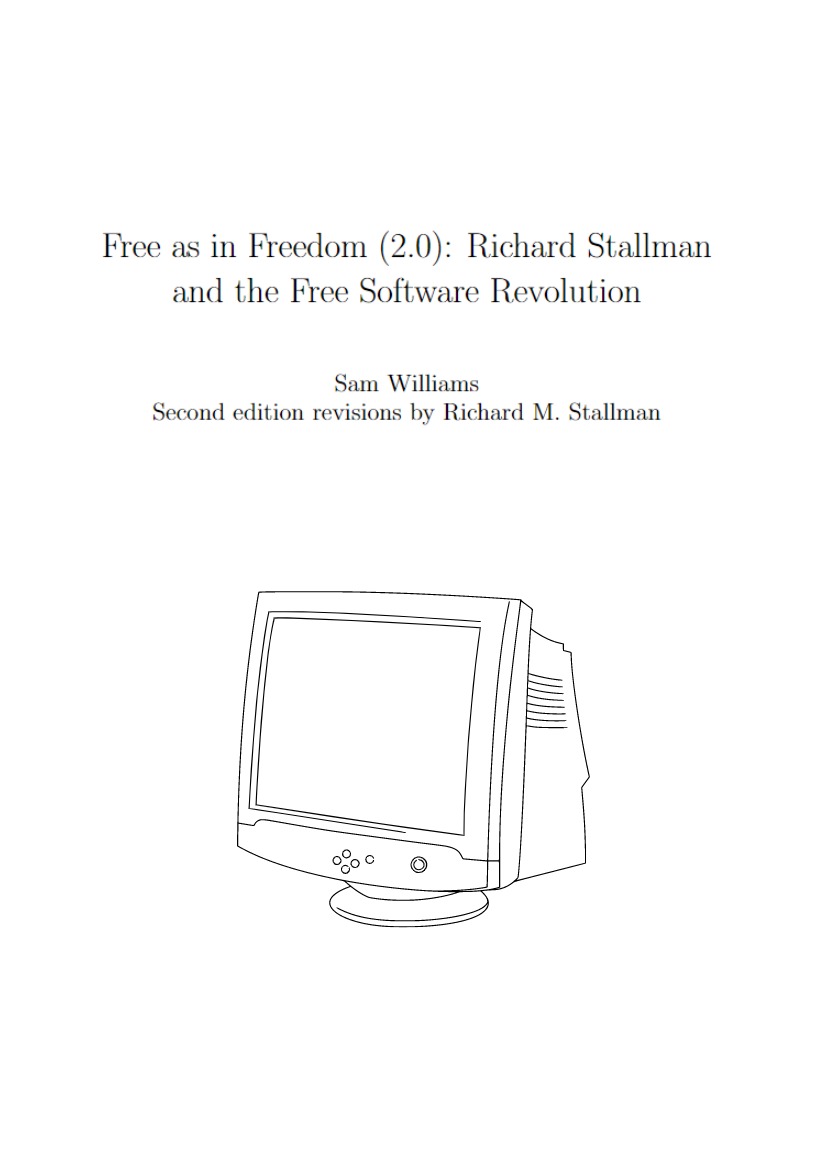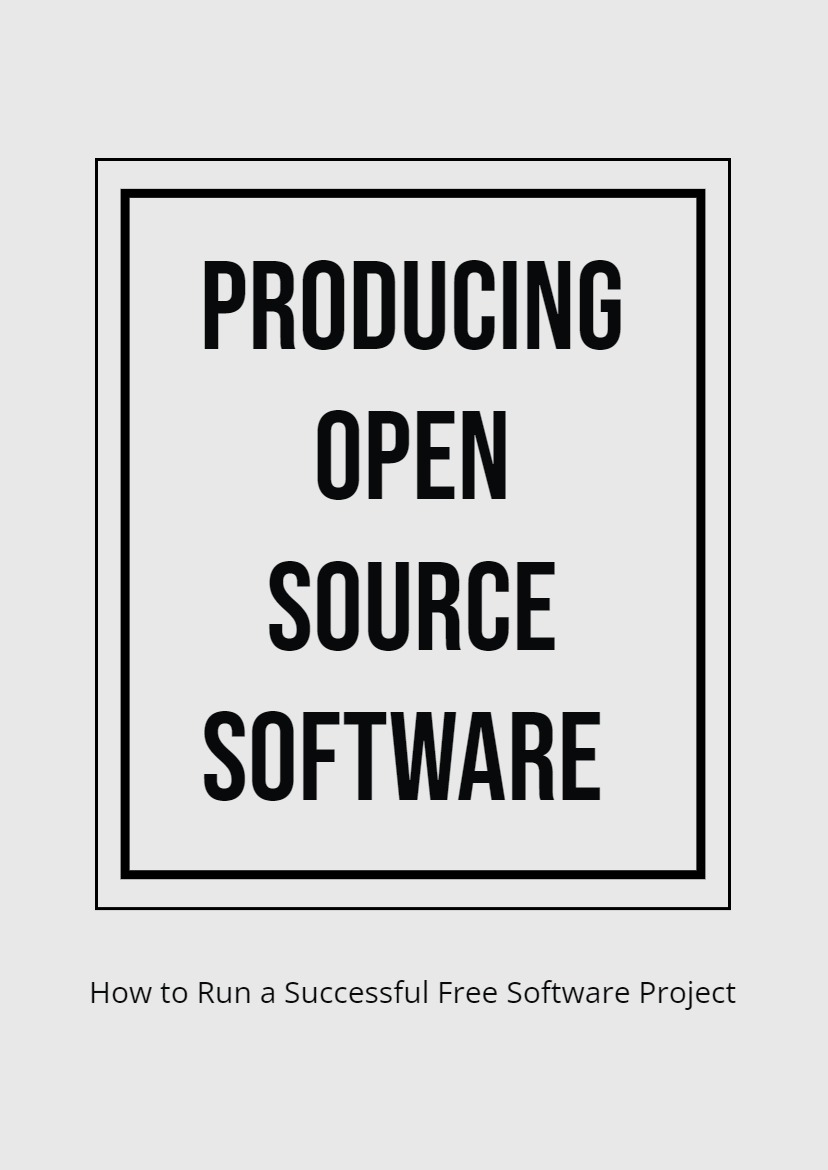Chapter 1 – What Is Free Software?
The Free Software Definition
The free software definition presents the criteria for whether a particular software program qualifies as free software. From time to time we revise this definition, to clarify it or to resolve questions about subtle issues. For a list of the changes we’ve made to the definition of free software, please see the “History” section, following the definition, at http://gnu.org/philosophy/free-sw.html.
“Free software” means software that respects users’ freedom and community. Roughly, it means that the users have the freedom to run, copy, distribute, study, change and improve the software. Thus, “free software” is a matter of liberty, not price. To understand the concept, you should think of “free” as in “free speech,” not as in “free beer.” We sometimes call it “libre software” to show we do not mean it is gratis.
We campaign for these freedoms because everyone deserves them. With these freedoms, the users (both individually and collectively) control the program and what it does for them. When users don’t control the program, we call it a “nonfree” or “proprietary” program. The nonfree program controls the users, and the developer controls the program; this makes the program an instrument of unjust power.1
A program is free software if the program’s users have the four essential freedoms:
- The freedom to run the program as you wish, for any purpose (freedom 0).
- The freedom to study how the program works, and change it so it does your computing as you wish (freedom 1). Access to the source code is a precondition for this.
- The freedom to redistribute copies so you can help your neighbor (freedom 2).
- The freedom to distribute copies of your modified versions to others (freedom 3). By doing this you can give the whole community a chance to benefit from your changes. Access to the source code is a precondition for this.
A program is free software if it gives users adequately all of these freedoms. Otherwise, it is nonfree. While we can distinguish various nonfree distribution schemes in terms of how far they fall short of being free, we consider them all equally unethical.
In any given scenario, these freedoms must apply to whatever code we plan to make use of, or lead others to make use of. For instance, consider a program A which automatically launches a program B to handle some cases. If we plan to distribute A as it stands, that implies users will need B, so we need to judge whether both A and B are free. However, if we plan to modify A so that it doesn’t use B, only A needs to be free; we can ignore B.
The rest of this page clarifies certain points about what makes specific freedoms adequate or not.
Freedom to distribute (freedoms 2 and 3) means you are free to redistribute copies, either with or without modifications, either gratis or charging a fee for distribution, to anyone anywhere. Being free to do these things means (among other things) that you do not have to ask or pay for permission to do so.
You should also have the freedom to make modifications and use them privately in your own work or play, without even mentioning that they exist. If you do publish your changes, you should not be required to notify anyone in particular, or in any particular way.
